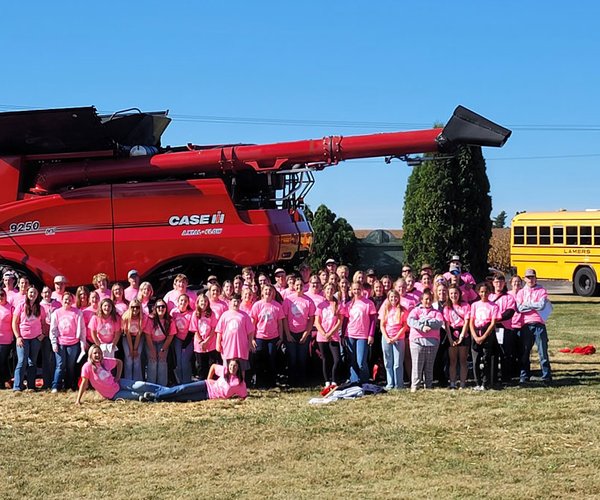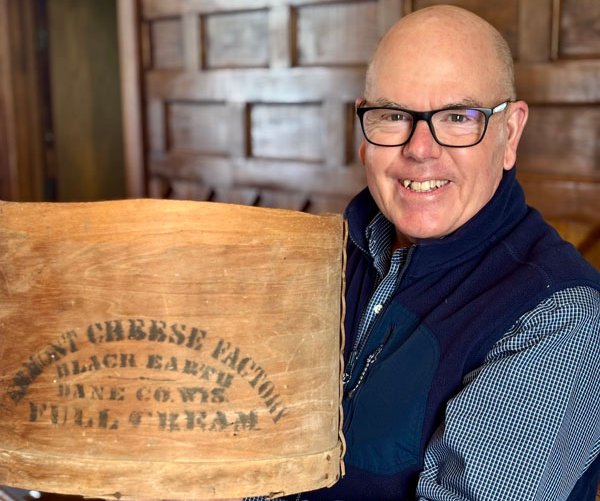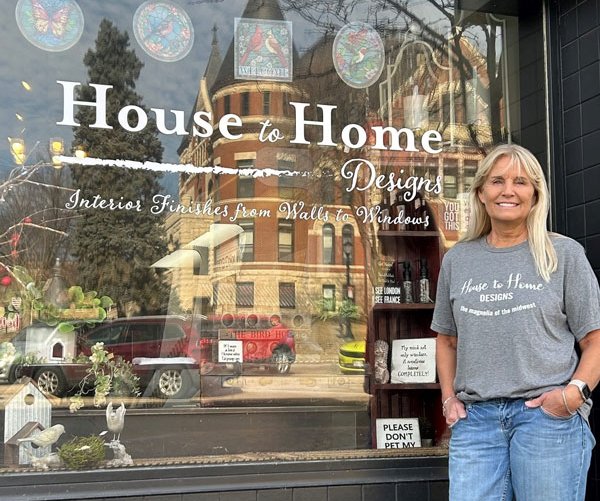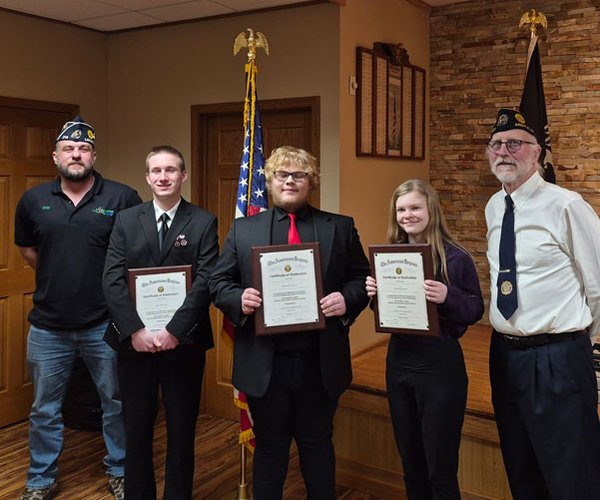MONROE — A team of Green County area Wisconsin women farmers created a new free resource to help you do just that. “Launch a Farmstead Bakery: Recipes and Resources” is an on-line toolkit that supports home baking entrepreneurs to use more local farm-raised produce in their products with over 30 recipes showcasing seasonal vegetables and fruit along with ideas on how to creatively package and display your items to increase sales.
“Thanks to expanding cottage food laws in nearly every state, the path to go from hobby baker to food entrepreneur has never been easier,” explains Lisa Kivirist of Inn Serendipity Farm and B&B in Browntown, and the lead farmer on the project. Kivirist also co-authored the book “Homemade for Sale,” the leading national guide for cottage food home business start-ups. “Our goal in this project is to help support farmers and all home bakers to use more locally raised produce and ingredients while creating attractive products that sell.”
“Sure, I can bake chocolate chip cookies and bring those to sell at the farmers’ market, but none of those ingredients came from my farm,” shares Dela Ends of Scotch Hill Farm and a team member on the project. “Our team took on the challenge of how can we use more zucchini, beets, herbs and other items we grow in ample supply and successfully turn those into value-added products.”
In Wisconsin, the selling of non-hazardous baked goods has been legal since October 2017, when a successful lawsuit led by Kivirist, Ends and Kriss Marion lifted the ban on the sale of home baked goods, opening up opportunities for hundreds of new home-based food product businesses to launch since the ruling.
In this new, free on-line toolkit, each recipe that uses produce was tested in a certified laboratory to ensure it has a water activity level of .85 or less to meet non-hazardous cottage food criteria so you can sell that product safely made from your home kitchen. You’ll find tested recipes for items like zucchini and pumpkin muffins, items that typically do not meet the non-hazardous criteria due to the high water content. The website also includes a free webinar that provides an overview of the project and best practices.
Additionally, this toolkit showcases ideas on how to create an engaging farmers’ market stand as well as how to professionally package small batches of baked goods. This includes eye-catching themes for your display such as “modern” or “whimsical,” along with specific lists of packaging suppliers that use recycled and compostable products.
“Packaging is especially important when selling your baked goods at farmers’ markets as most of such purchases are impulse buys,” adds Ashley Wegmueller who served as the design consultant on this project and runs Wegmueller Dairy Farm and “The Dairy” Farm Stay in Monroe. Wegmueller created the display and packaging resources for this project. “Cute and small sells. Take those dozen zucchini muffins and top them with a frosting recipe using a recipe we have available, and then package them individually in attractive window boxes and that muffin transforms into a treat worthy of gift-giving that can be sold for a higher price.”
This toolkit was made possible by funding from the North Central Sustainable Agriculture Research and Education (SARE) Farmer Rancher Grant to help support farmers interested in adding a successful and strategic value-added baking component to their farm businesses.
“This project, Launch a Farmstead Bakery: Recipes and Resources, is a great example of farmers coming together to creatively and collaboratively solve a problem and share information which adds up to a stronger future for sustainable agriculture,” explains Joan Benjamin, Associate Regional Coordinator for North Central SARE, which covers 12 states in the Midwest region. “SARE Farmer Rancher grants provide opportunities for farmers to research challenging issues and find solutions that can then be helpful to other farmers.”
For recipes, resources and more on this project, visit www.cottagefoodhomebakery.com.





